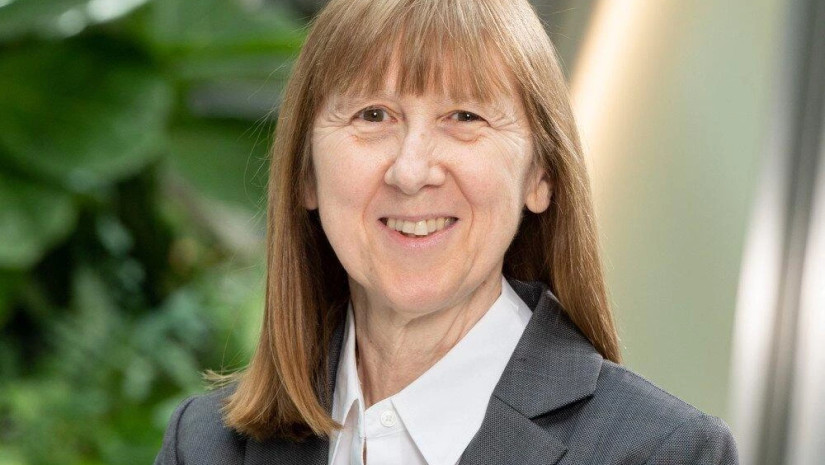Antonella Bassani is the new Vice President for the Europe and Central Asia (ECA) region, where she will lead the World Bank's strategic, financing, and knowledge work as of April 3.
Ms. Bassani, an Italian national, served as the World Bank Vice President for Budget, Performance Review and Strategic Planning. She previously served as Director of Strategy and Operations for the World Bank in two regions (the Middle East and North Africa and the East Asia and Pacific) where she provided strategic leadership and support to regional teams in the delivery of strategies, operations, flexible and innovative financing, and knowledge services. Ms. Bassani also served as Director for Resource Mobilization, managing replenishments for the International Development Association, the Bank’s fund for the poorest.
“I am delighted to join the Europe and Central Asia region,” said Ms. Bassani. “From the green transition to energy and food security, I recognize the great challenges our client countries are facing, especially on the heels of the COVID pandemic and amidst Russia’s invasion of Ukraine. I look forward to working hand in hand with our government counterparts, our development partners, and World Bank Group staff to address these issues.”
Ms. Bassani brings 30 years of development experience to this position. In addition to East Asia and Pacific and the Middle East and North Africa, she has also worked in Sub Saharan Africa and Latin America and the Caribbean, blending operational knowledge and financial expertise from across the institution. Prior to joining the Bank, Ms. Bassani worked at the OECD in Paris. She holds a doctorate in international economics from the Johns Hopkins University.
About ECA:
The World Bank works with countries in Europe and Central Asia to reduce poverty and promote shared prosperity, through boosting human capital, enabling markets, facilitating green transitions, and building and strengthening institutions. In fiscal 2022, the World Bank approved $8.5 billion in lending to the region for 47 operations, including $6.0 billion in IBRD commitments and $2.5 billion in IDA commitments












